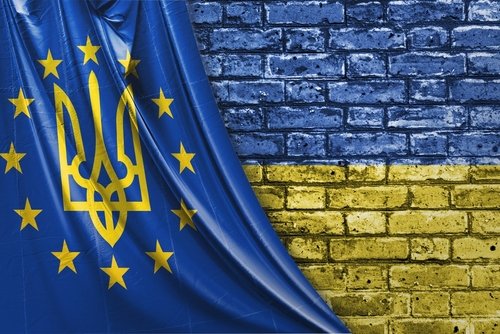Belgium, (Brussels Morning Newspaper) EU ministers of foreign affairs agreed to spend an additional 500 million euro on weapons for Ukraine at a meeting on Monday.
The move brings the EU’s total spending on arms for Ukraine to 2.5 billion euro in the period since the start of the war, according to Reuters reporting on Monday.
Swedish Minister of Foreign Affairs Ann Linde pointed out in a statement that “a political agreement was reached on the fifth tranche of military assistance to Ukraine.”
The money is to be used to buy military equipment and supplies for Ukraine, with EU ministers stressing that arms should be used for defensive purposes.
According to EU rules, the bloc is not allowed to spend money from its seven-year budget on military operations, except if the money is spent through the EU Peace Facility, in which case the restriction does not apply.
The bloc approved the first payment through the facility soon after the war in Ukraine broke out, with EU officials noting that the bloc decided to become involved in a military conflict outside its borders.
In just five months, the EU spent half of its seven-year facility on Ukraine and it is not clear how the bloc plans to continue buying weapons and equipment for Ukraine if the conflict continues.
More sanctions against Russia
Josep Borrell, High Representative of the EU for Foreign Affairs and Security Policy, recently predicted that the war in Ukraine would not end soon and pointed out that he expects EU officials to approve additional sanctions against Russia later this week.
“I’m sure [Russian President Vladimir] Putin is counting on the democratic fatigue… he believes that democracies are weak,” Borrell predicted and added “the European societies cannot afford fatigue.”
Gabrielius Landsbergis, Lithuanian Minister of Foreign Affairs, called on EU member states to continue following EU plans as parliaments and governments prepare for the summer break, stressing that “Russian troops have no plans to take free days from further attacking Ukraine.”
The EU has imposed unprecedented sanctions against Russia, including embargoes, bans on doing business with Russian companies, banks and central bank, asset freezes and travel bans, among other.




